Memory is the cornerstone of our daily lives, shaping how we work, connect, and grow. From remembering names at social events to recalling crucial details for work presentations, a strong memory is a priceless asset. While many assume memory is static, science tells us it can be enhanced through specific, actionable exercises. This blog will explore ten evidence-based memory improvement exercises that are simple, engaging, and seamlessly fit into everyday life.
Visualize, Connect, Remember
A mind map is a powerful visualization tool that organizes information in a structured, graphic form. Whether you're preparing for a big meeting or studying for an exam, draw a mind map with the central idea at the center and related concepts branching out. For instance, if you're brainstorming for a project, use colorful markers and keywords to create interconnected ideas.
How it helps: This technique leverages your brain’s natural preference for visual and relational data, making information more memorable and engaging.
Visualize Spaces to Organize Information
The memory palace technique taps into your spatial memory. Picture a familiar place, like your home, and associate information you want to remember with different rooms or objects. For example, if you’re grocery shopping, imagine placing “milk” in your kitchen fridge and “bread” on the dining table.
How it helps: This method ties abstract concepts to physical spaces, making recall more intuitive and enjoyable.
Break Down Large Tasks into Bite-Sized Bits
Instead of trying to remember a long sequence of numbers or details, break them into smaller, more manageable chunks. For instance, remembering 2024356789 is easier as 202-435-6789. Apply this to everything from phone numbers to lengthy lists.
How it helps: Chunking reduces cognitive load, allowing your brain to process and store information efficiently.
Strengthen Your Knowledge by Sharing It
The best way to solidify your memory is by teaching someone else. After reading a book or attending a seminar, explain the key points to a friend or even to yourself in the mirror.
Example: Suppose you’ve learned about healthy eating. Teach your family why fiber is essential for digestion and how they can incorporate it into their meals.
How it helps: Teaching reinforces your understanding, improves retention, and identifies knowledge gaps.
What You Repeat, You Retain
Repetition is a simple yet effective way to move information from short-term to long-term memory. Use spaced repetition by reviewing information at gradually increasing intervals—day one, day three, then a week later.
Example: If you’re learning a new language, write vocabulary words on flashcards and review them daily. Then, increase the gaps between reviews as you recall them easily.
How it helps: Spaced repetition strengthens neural pathways, making memories more resilient over time.
Move Your Body, Sharpen Your Mind
Exercise isn't just for your muscles—it’s also for your memory. Activities like walking, jogging, or yoga improve blood flow to the brain, boosting cognitive functions.
Example: Before diving into a brainstorming session, take a brisk 15-minute walk. Notice how much clearer and sharper your thoughts feel afterward.
How it helps: Regular physical activity enhances hippocampal health, the brain region crucial for memory.
Gamify Your Memory Improvement
Interactive games like Sudoku, crosswords, or apps like Lumosity challenge your brain to think critically and recall patterns. Dedicate just 10-15 minutes daily to keep your brain engaged.
Example: Solve a crossword puzzle during your commute or while sipping your morning coffee.
How it helps: Games stimulate neuroplasticity, keeping your mind agile and quick to adapt.
Turn Boring Data into Fun Associations
Mnemonics use patterns, rhymes, or acronyms to make information easier to remember. For example, to recall the colors of the rainbow (Red, Orange, Yellow, Green, Blue, Indigo, Violet), use the acronym "ROYGBIV."
Example: Make a fun rhyme to remember your passwords or to recall steps in a work process.
How it helps: Mnemonics transform complex information into simple, memorable phrases or images.
Be Present to Remember Better
Multitasking often hinders memory. Practice focused attention by dedicating uninterrupted time to a task. For example, turn off your phone notifications while reading a report or attending a meeting.
Example: If you’re preparing for an exam, allocate 25 minutes of distraction-free time (using the Pomodoro technique) to focus solely on the material.
How it helps: Deep focus allows your brain to encode information more effectively.
Dream Your Way to a Better Memory
A good night’s sleep is vital for memory consolidation. Aim for 7-9 hours each night to ensure your brain has enough time to process and store the day’s experiences.
Example: Develop a bedtime ritual—dim the lights, sip herbal tea, and avoid screens an hour before bed—to improve sleep quality.
How it helps: Sleep strengthens synaptic connections, solidifying new memories and clearing out irrelevant information.
-
Mind Mapping Your Way to Mastery
-
Memory Palace: Turn Your Mind into a Virtual Treasure Chest
-
Chunking: Divide and Conquer Your Information
-
Teach to Learn: Unlock the Teacher in You
-
The Power of Repetition: Master the Art of Revisiting
-
Physical Activity for Mental Clarity
-
Brain Games: Play to Remember
-
Mnemonics: Creativity Meets Memory
-
Focused Attention: Eliminate Distractions to Absorb More
-
Sleep Well - Remember More
TAGS: Mind Mapping Your Way to Mastery, Visualize, Connect, Remember, Memory Palace, Virtual Treasure Chest, Chunking, Bite-Sized Bits, Teach to Learn, The Power of Repetition, Mental Clarity, Brain Games, Gamify Your Memory Improvement, Mnemonics, Focused Attention, Sleep Well - Remember More, Crosswords, Sudoku
Disclaimer: All characters and events depicted in this blog are entirely fictional. Any resemblance to actual persons, living or dead, is purely coincidental. The content is intended for informational purposes only and should not be considered as medical advice. Always consult a qualified healthcare professional for medical concerns.
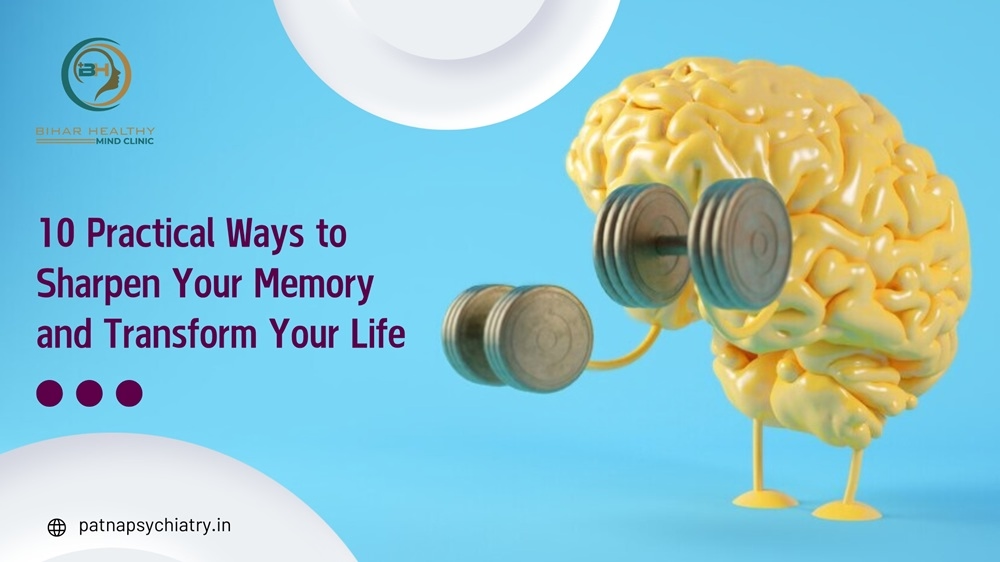


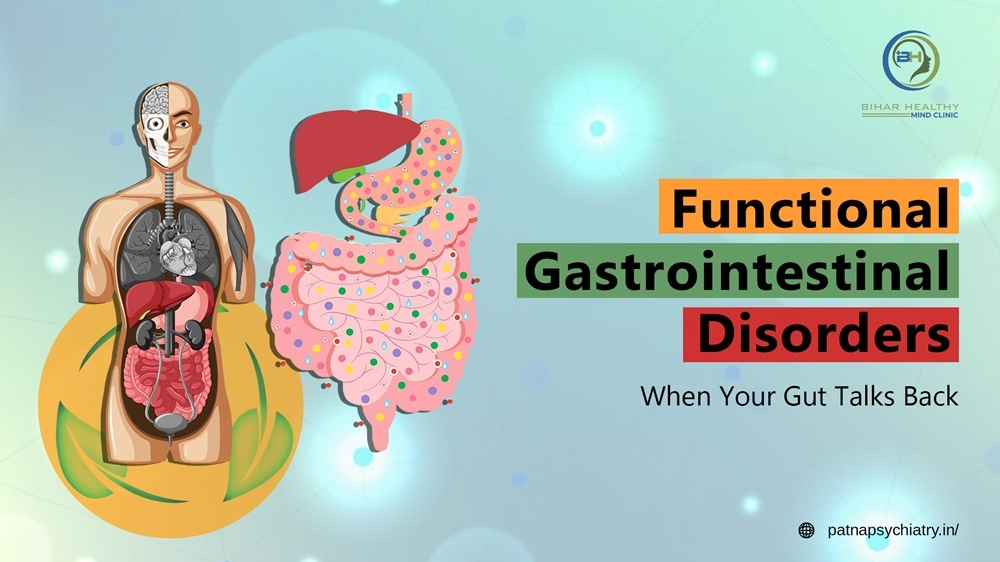
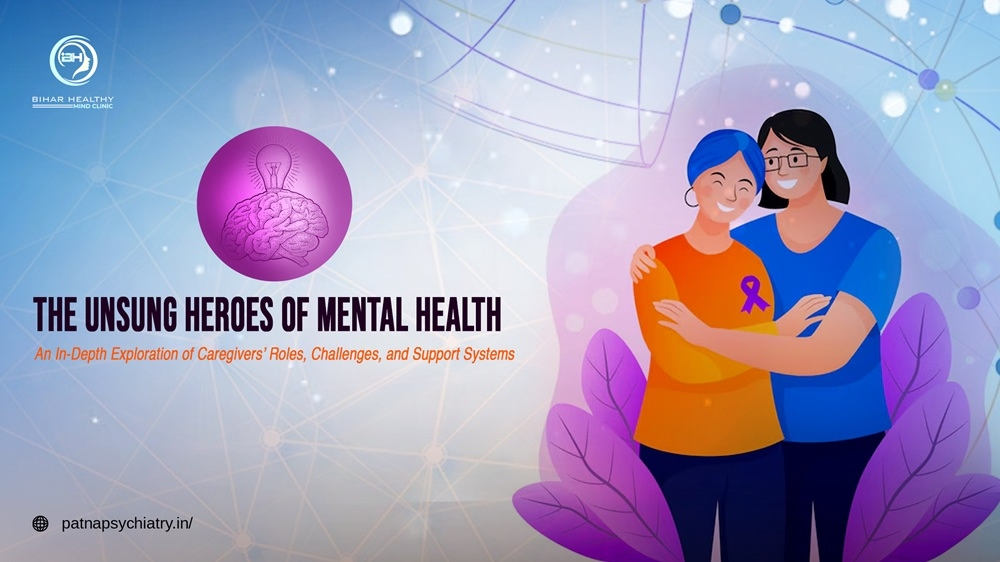
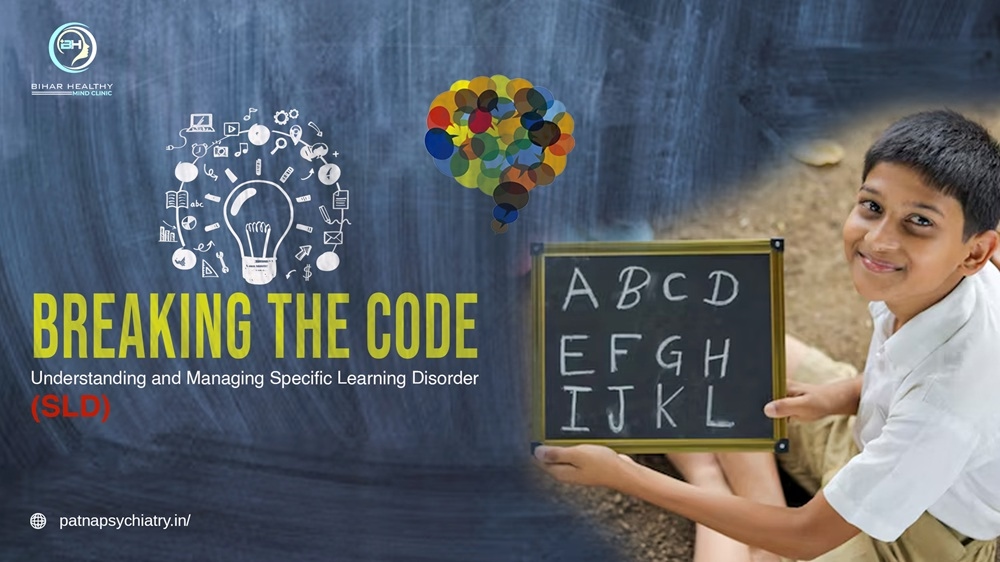
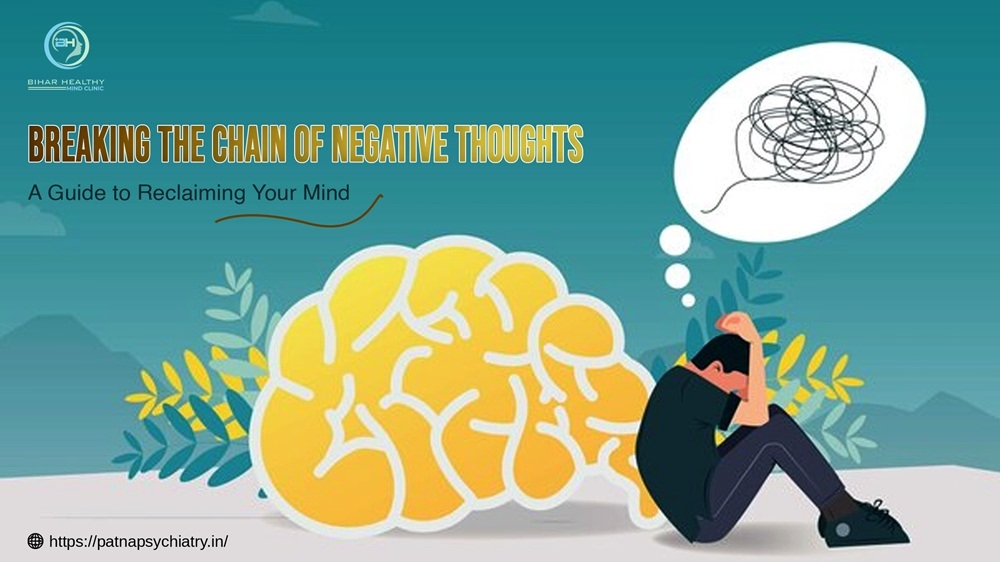
No comments yet. Be the first to comment!